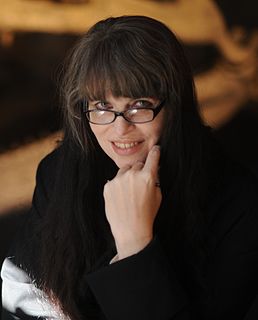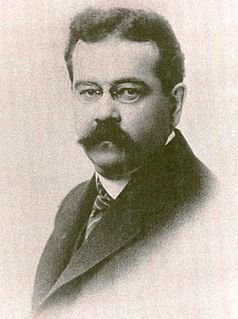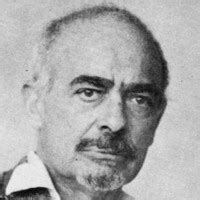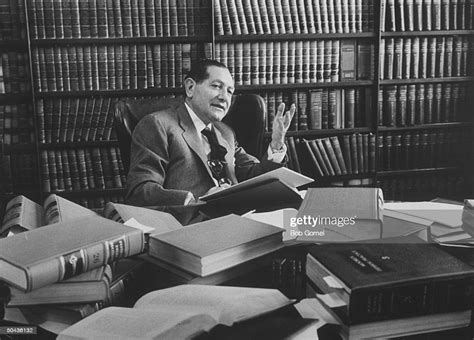A Quote by Luis Fernando Verissimo
Imagine the marvels we would experience if we believed in the things in which we don't believe.
Quote Topics
Related Quotes
Philosophy would long ago have reached a high level if our predecessors and fathers had put this into practice; and we would not waste time on the primary difficulties, which appear now as severe as in the first centuries which noticed them. We would have the experience of assured phenomena, which would serve as principles for a solid reasoning; truth would not be so deeply sunken; nature would have taken off most of her envelopes; one would see the marvels she contains in all her individuals.
No matter how honest scientists think they are, they are still influenced by various unconscious assumptions that prevent them from attaining true objectivity. Expressed in a sentence, Fort 's principle goes something like this: People with a psychological need to believe in marvels are no more prejudiced and gullible than people with a psychological need not to believe in marvels.
Love is very important in The First Man, in that [Albert] Camus loves these things he never chose, he loves his childhood experience in a very real way. Their poverty meant that there was nothing else they could think about but what they would eat, how they would clothe themselves. There's just no room for other things in his family. It's difficult for others to imagine the position in which he found himself. There is no imaginary existence in their lives.
You're looking at me as though I'm weird. My god! Are you so out of touch with most of America, most of which believes in the devil? I mean, Jesus Christ believed in the devil! It's in the Gospels! You travel in circles that are so, so removed from mainstream America that you are appalled that anybody would believe in the devil! Most of mankind has believed in the devil, for all of history. Many more intelligent people than you or me have believed in the devil.
Experience is the only real teacher and if you keep a diary you get three bites at educating yourself - when it happens, when you write it down, and when you reread it and realise you were wrong. Making mistakes is part of life. The only things I would feel ashamed of would be if I had said things I hadn't believed in order to get on. Some politicians do do that.
I believe passionately that Christianity is a way of life, not a theological system with which one must be in intellectual agreement. I feel that Christ would admit into discipleship anyone who sincerely desired to follow him, and allow that disciple to make his creed out of his experience; to listen, to consider, to pray, to follow, and ultimately to believe only those convictions about which the experience of fellowship made him sure.
All the unimaginative assholes in the world who imagine that Shakespeare couldn't have written Shakespeare because it was impossible from what we know about Shakespeare of Stratford that such a man would have had the experience to imagine such things - well, this denies the very thing that separates Shakespeare from almost every other writer in the world: an imagination that is untouchable and nonstop.







































